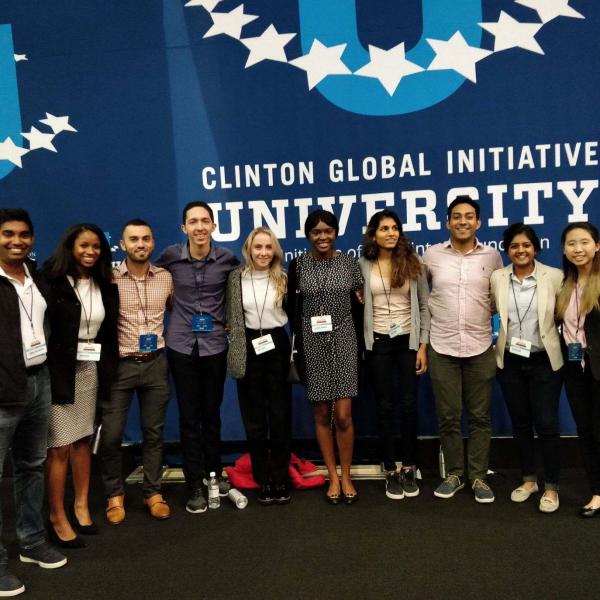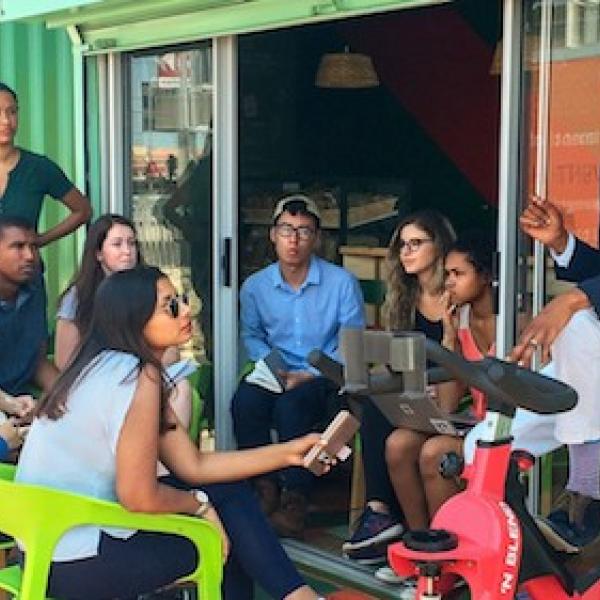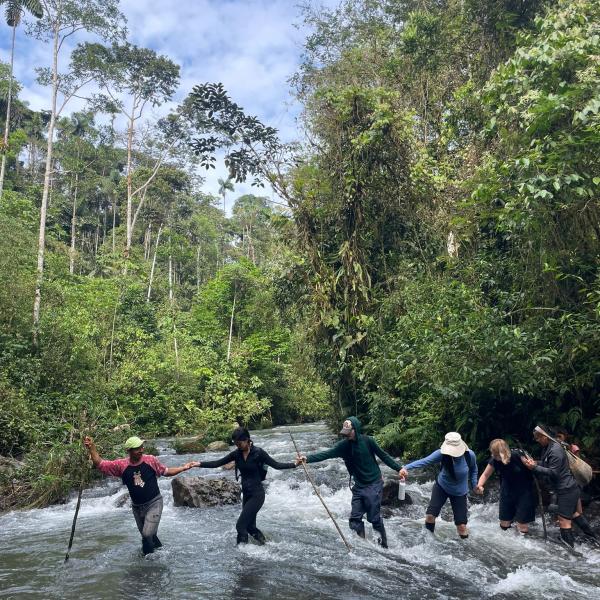Overview
The Critical Language Scholarship (CLS) programs are intensive overseas language and cultural immersion programs for undergraduate and graduate students who are U.S. citizens or permanent residents. Students must be enrolled at the time of application (i.e.: graduating seniors can apply).
Program participants spend eight to ten weeks during the summer studying one of 15 critical languages at specific program locations abroad. The fully-funded programs include intensive language instruction (20 hours/week) and structured cultural enrichment experiences (some afternoons and weekends) designed to promote rapid language gains and cultural fluency. Participants receive a transcript showing the equivalent of one year of language study, and many students find they advance even further after the immersive summer program.
The CLS Program, a program of the U.S. Department of State’s Bureau of Educational and Cultural Affairs, is part of a U.S. government initiative to expand the number of Americans studying and mastering foreign languages that are critical to national security and economic prosperity. CLS plays an important role in preparing American students for the 21st century’s globalized workforce and increasing national competitiveness.
The CLS Program offers instruction in the following languages and levels:
|
Open to students at all language levels, including beginners: |
Azerbaijani, Bangla, Hindi, Indonesian, Persian, Punjabi, Swahili, Turkish and Urdu |
|
|
One year prior study required: |
Arabic, Korean, Russian and Portuguese |
|
|
Two years prior study required: |
Chinese and Japanese |
To learn more about the CLS Program
- The FAQ page contains detailed information about eligibility and essential information.
- Speak with alumni of the program. You can search for alumni on your campus on the CLS web site or email CLS to connect you with an alumni ambassador.
No Cornell application or endorsement required.
Applications are competitive. See information on eligibility in the "Requirements" tab on this site. Selection criteria are covered on the "Academics" tab.
General timeline
- September: CLS opens their application
- November: Application due
- January: Notification of status following initial review
- March: Notification of status (recipient, alternate, non-recipient)
- April-May: Alternates notified, if selected






